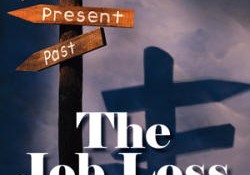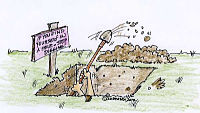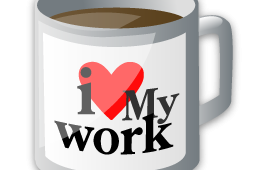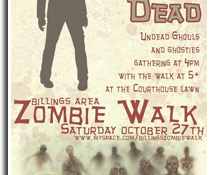We live in anxious times…especially in matters related to economic security.
We are all subject to pressures of competition, achievement, production and acquisition– fears, worries, anxieties about work and money are just part of navigating our economic rat race.
Most of us worry about finding a job, keeping a job, advancing with a job; we worry about paying our bills, making enough money to buy a home, or raising a family, or saving for retirement. We fear missing out on life’s many pleasures and promises.
Our anxieties are further fuelled by news reports highlighting precarious work with no benefits; corporate bankruptcies; failed government policies; the increasing reliance on robots, automation and artificial intelligence in our workplaces, and the replacement of jobs by such technologies. The future is uncertain.
Anxiety is a nervous disorder characterized by a state of excessive unease and apprehension. It often manifests first in a general restlessness, loss of appetite, insomnia, sometimes panic attacks or compulsive behaviour. If it carries on long enough, it can develop into serious illness, such as depression.
I know the telltale signs for myself, such as pacing, ruminating, procrastinating, a vague and general restlessness that interrupts, even prevents, restfulness. When feeling anxious, I know that I make poor decisions, so I’ve learned to tackle my anxiety head on.
-
The write hack
We all need a work around when it comes to dealing with our anxieties. One of the first things I do when such symptoms appear is to take out a paper and pen and do a very effective writing exercise (known in some circles as morning pages) that quickly calms my worries.
If you are feeling anxious about your work and money, try this: get up in the morning and write for 3 pages non-stop about your career decisions up to this point in your life. How did you make those decisions? What were you thinking at the time? What were you expecting in terms of an outcome?
Don’t judge or censor yourself, just write whatever thoughts and feelings come to mind. Don’t stop writing until you’ve completed 3 pages. If you get stuck with writer’s block then keep writing the same thing over and over until another thought comes. You must complete 3 pages.
Do this for 5 days as early in the morning as possible. [Of course, the sooner you start this exercise when feeling anxious, the better; it’s not a substitute for clinical treatment if you’re depressed!]
By the time the fifth day rolls around, I can almost guarantee your anxiety will dissipate to the point where you can look for patterns in your pages that reveal the roots of your anxieties. Some of those roots may be internal and grounded in biology, beliefs or behaviours. Some of them may be external and rooted in your experiences with work and money. You might want to share your pages with a close friend or a professional to help you find the patterns and move forward.
-
How to Move Forward in your Career
It is my experience that this kind of mental/emotional house cleaning is necessary before you can move forward in life with good decisions and powerful actions. There is something magical about such simple writing exercises.
That is why JobJoy is collaborating with Phrase Strategy to help leaders move forward with their careers. Maria Ford, Phraseologist, refers to writing exercises as pre-marketing, and necessary for the growth and development of leaders. Read her most recent post to learn more about how such “magic” might help you.







